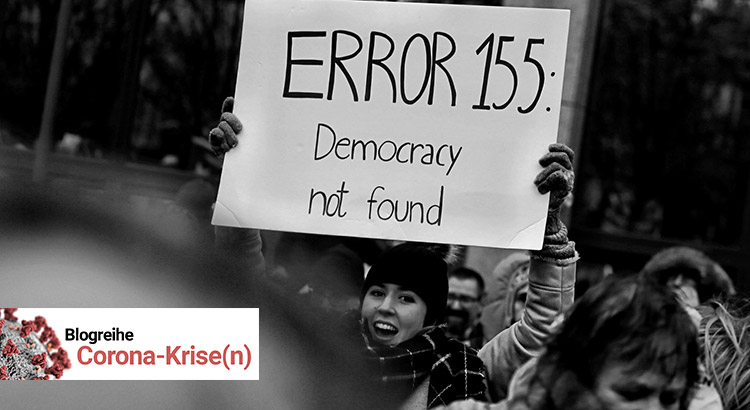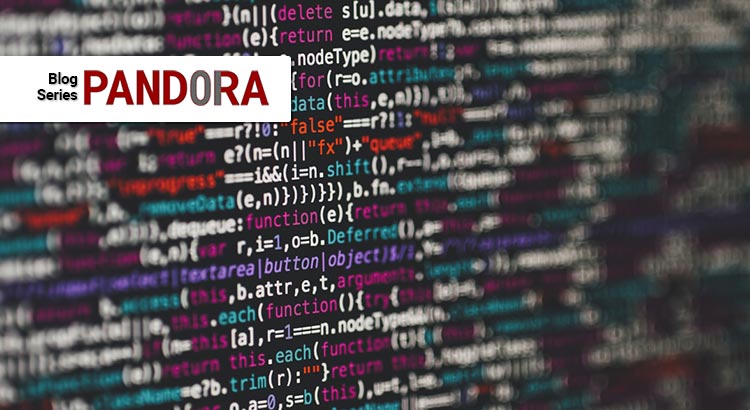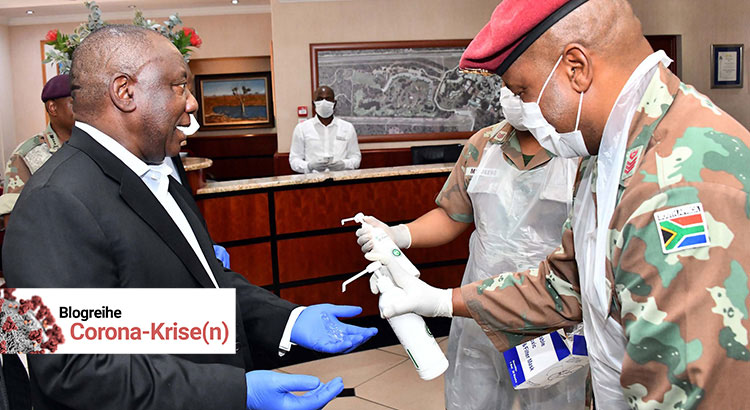The novel infectious disease – SARS-CoV-2 – is nature’s alert to humans. Existing research on the links between animal-borne diseases, human behavior and environmental change clearly demonstrate how humans and the environment are intrinsically connected, however currently in a profound imbalance. Already 70% of “new or emerging” diseases that infect humans originate in animals. In the wake of the SARS-CoV-2 outbreak and associated vast global health, security and economic damage, the environment-related underlying root causes of animal-borne diseases cannot be ignored any longer.
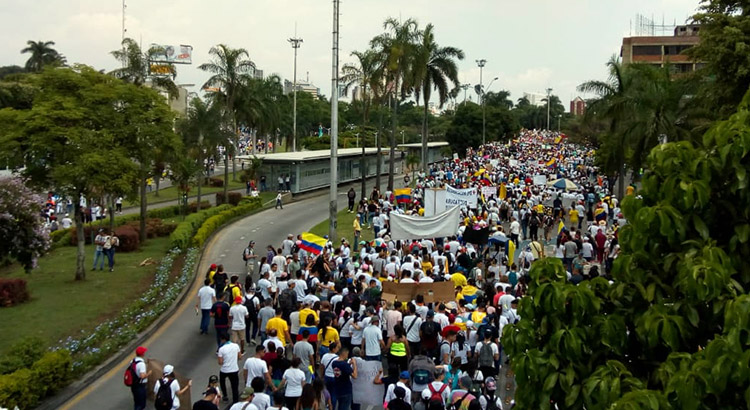
Kolumbien: Der Frieden bringt neue Konflikte
Eine Welle von Protesten hat die Regierung Kolumbiens unter Druck gesetzt. Das ist auch eine Frucht des Friedensabkommens mit der FARC-Guerilla – nun ordnet sich die politische Landschaft neu.
Internal Threats to EU’s External Democracy Support in Times of a Pandemic – Can the New EU Council Conclusions on Democracy still Kick-off?
In the course of the worldwide outbreak of the coronavirus pandemic, governments in Europe and across the world have called for states of emergency and restricted individual freedoms of their citizens in order to #FlattenTheCurve. While many citizens support the governmental initiatives, concerns about their implications on the state of democracy are growing stronger. Some fear that the coronavirus crisis will end in a crisis of democracy. Worldwide, democratic standards have been challenged long before the pandemic started. First analyses show that the current health crisis speeds this tendency up. In particular, the erosion of civic freedoms for the sake of handling the global health crisis appears to accelerate. While most governmental measures seem to be appropriate, others provide the impression that the coronavirus crisis is used to further erode internal checks and balances. Just recently, the European Union (EU) has adopted new Council Conclusions on Democracy aiming to address this global tendency. While they mainly address the external dimension, internal threats to democracy are not to be neglected. What value has such a strategy in times of a global pandemic?
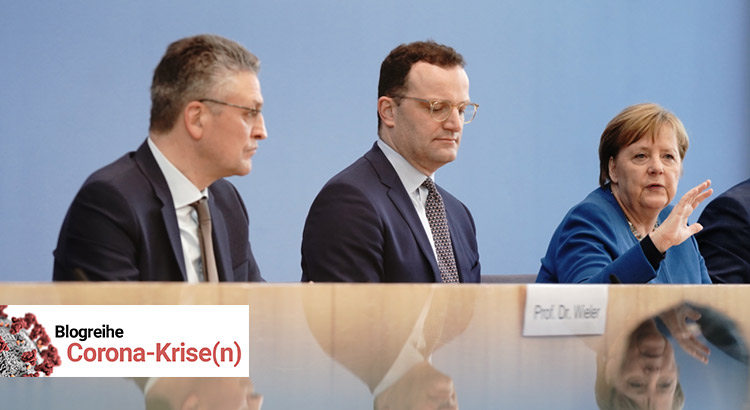
Beraten und entscheiden in einer „Transboundary Crisis“
Eine der geläufigsten Definitionen von Krise bezeichnet diese als Wendepunkt, als „turning point for better or worse“ (aus dem Merriam-Webster Wörterbuch). In Krisen kann also Schlimmeres noch verhindert werden. Hierfür ist allerdings schnelles Handeln unter fundamentaler Unsicherheit notwendig. Erschwerend kommt hinzu, dass Krisen, wie die Corona-Pandemie, komplexe und multilokale Geschehen sind, die sich nicht an einer Stelle ‚lösen‘ lassen. Um diese Krise zu bewältigen, werden derzeit auf verschiedenen Ebenen Krisenbewältigungs-Strukturen aktiviert. Expert*innen sind hierbei – im wahrsten Sinne des Wortes – ‚gefragt‘, da sie wichtiges Fachwissen zur Entscheidungsfindung einbringen. Krisen stellen dabei einen komplett anderen Rahmen für Beratung dar als andere Beratungskontexte.
Web Scraping Social Media: Pitfalls of Copyright and Data Protection Law
The increasing popularity of web scraping methods does not come without a plethora of legal questions. In our first article, we analyzed the growing popularity of web scraping methods and how the Terms of Service of the social media platforms relate to this issue. In this article we discuss further questions of copyright law and data protection law regarding web scraping. The German legal situation in copyright law is discussed as an example here.
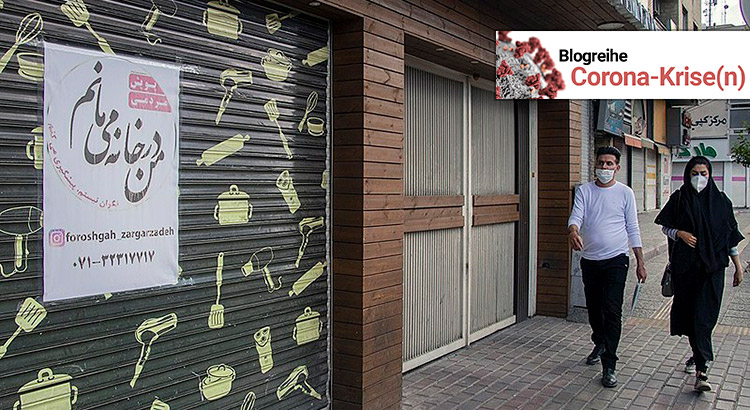
Covid-19 als Krisenverstärker: Die Pandemie und die Verschärfung sozioökonomischer Konflikte in der MENA-Region
Die Covid-19 Pandemie führt weltweit zu wirtschaftlichen Verwerfungen ungekannten Ausmaßes. In der MENA-Region treffen diese auf sich bereits länger verschärfende sozioökonomische Konflikte. Der Beitrag diskutiert drei Krisen, die durch die Virusverbreitung verstärkt werden: die Arbeitsmarktkrise, verbunden mit dem Streben eines Großteils der Bevölkerung nach Anstellung im öffentlichen Sektor; die Haushaltskrise, die viele Regierungen dazu bringen wird, Unterstützung vom IWF zu suchen, dessen Konditionen sich jedoch negativ auf das Jobangebot im öffentlichen Sektor auswirken wird; und eine politische Krise der Regime, deren Legitimität bereits vor der Pandemie schwach war, durch ein schlechtes Corona-Krisenmanagement jedoch weiter ins Wanken geraten dürfte.
Web Scraping Social Media: Legitimate Research or a Breach of Contract?
To make full use of the massive amounts of social media platform data for the purposes of scientific research, data is increasingly obtained using data collection methods such as web scraping. Web scraping methods make it possible to automatically access and retrieve information directly from social media web interfaces and other websites. The technical process requires two main steps: First, the website is accessed with the assistance of a webbot or a webcrawler. Second, the information is analyzed automatically and extracted, if necessary.
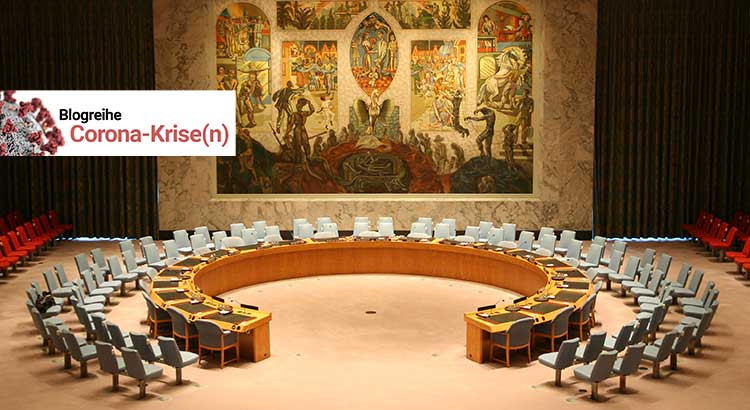
Der UN-Sicherheitsrat und COVID-19: Missing in Action
Bislang hat sich der UN-Sicherheitsrat offiziell nicht mit COVID-19 beschäftigt, obwohl die Pandemie potenziell weitreichende Auswirkungen auf Fragen von Frieden und Sicherheit haben kann. Die Arbeit des Sicherheitsrates wird durch die Krise organisatorisch erschwert. Aber auch aufgrund unterschiedlicher Interessen der permanenten Mitglieder scheint eine Einigung auf eine Erklärung oder Resolution nicht in Sicht. Dabei hätte der Sicherheitsrat gerade jetzt eine Vorreiterrolle im Krisenmanagement einnehmen müssen, indem er COVID-19 zur Bedrohung für Frieden und Sicherheit erklärt und multilaterale Mechanismen zur Krisenbewältigung einrichtet.
An Island of Internationalism: The African Union’s Fight Against Corona
Although corona is a global health threat, immediate reactions to contain its spread have mainly followed a logic of national sovereignty, threatening many of the hard-won achievements of decades of international cooperation. In this situation, the African Union (AU) is a rare case of internationalism: it has played an important role in providing coordination, expertise and technical support to its member states, engaging in advocacy, and mobilizing resources. It is imperative to applaud, but more so to support the AU in continuing to play its vital role as one of the few islands of internationalism these days.
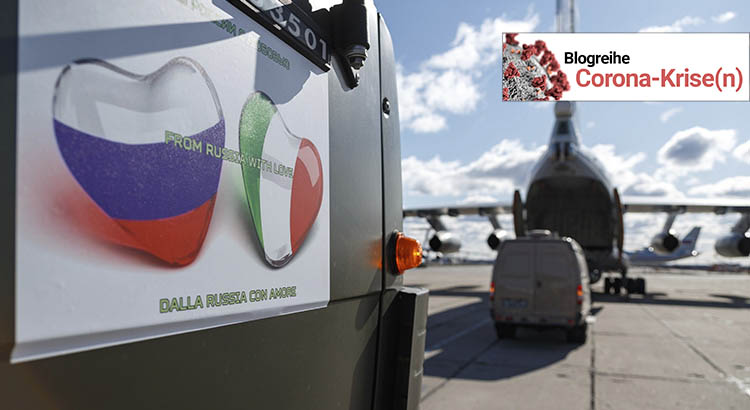
From Russia with Love?! Putin and the Pandemic
For Russia the novel SARS-CoV-2 still seems to be the best of a bad lot, as the country still reports relatively low numbers of infected people. But, if coupled with other pre-existing problems (power transfer and economic hardships), the pandemic could exacerbate an already unstable situation and lead to new unpredictable foreign policy moves. Russia’s strategy in times of SARS-CoV-2 is most likely going to be threefold: further working on its global image by sending aid and offering assistance; shifting its focus from the near abroad to great power politics; and doubling up the ongoing information warfare if the first two do not bring immediate results.

